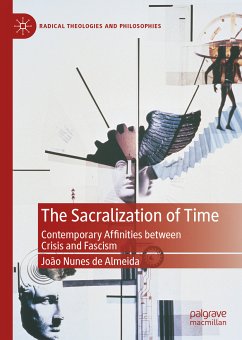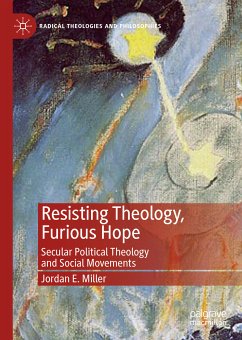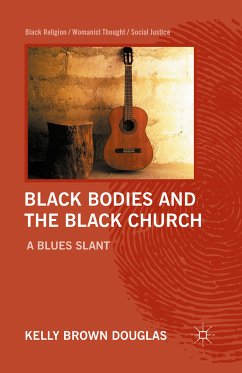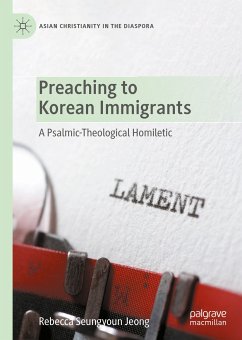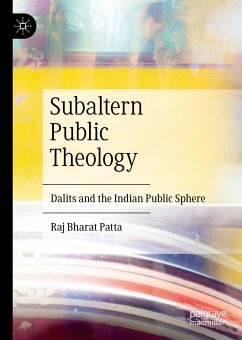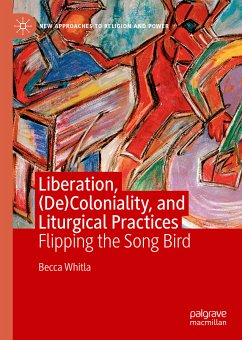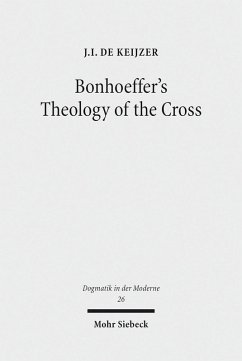
Crisis and Reorientation (eBook, PDF)
Karl Barth's Römerbrief in the Cultural and Intellectual Context of Post WWI Europe
Redaktion: Svinth-Værge Põder, Christine; Baark, Sigurd
Versandkostenfrei!
Sofort per Download lieferbar
120,95 €
inkl. MwSt.
Weitere Ausgaben:

PAYBACK Punkte
60 °P sammeln!
This book uses Karl Barth's Der Römerbrief (1922) as a prism through which to explore the role of religion and its interactions with cultural and political thought in the turbulent interwar period in Europe. One of the most influential books in twentieth-century protestant theology, Der Römerbrief found Barth arguing that the crisis of the time was grounded in an even more profound crisis that pertained to the human condition as such. While much research has been conducted on Der Römerbrief, most of it has focused on the book's explicit theology. The aim of the present volume is to mark the...
This book uses Karl Barth's Der Römerbrief (1922) as a prism through which to explore the role of religion and its interactions with cultural and political thought in the turbulent interwar period in Europe. One of the most influential books in twentieth-century protestant theology, Der Römerbrief found Barth arguing that the crisis of the time was grounded in an even more profound crisis that pertained to the human condition as such. While much research has been conducted on Der Römerbrief, most of it has focused on the book's explicit theology. The aim of the present volume is to mark the centenary of this seminal book with a broader investigation into the movements of thought within Der Römerbrief and its reception and impact within its cultural and intellectual context. This broader approach by a range of Northern European researchers brings attention to interconnections between cultural and theological movements intimes of crisis.
Dieser Download kann aus rechtlichen Gründen nur mit Rechnungsadresse in A, B, BG, CY, CZ, D, DK, EW, E, FIN, F, GR, HR, H, IRL, I, LT, L, LR, M, NL, PL, P, R, S, SLO, SK ausgeliefert werden.






